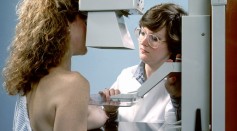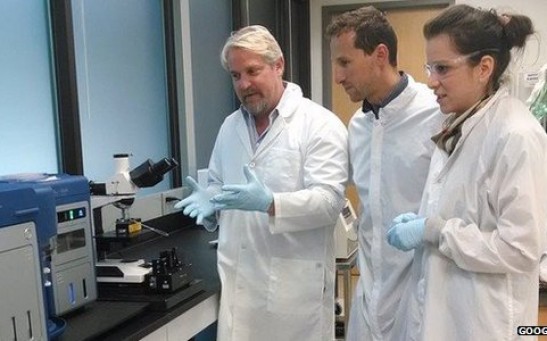health

First Ebola casualty was a boy from Guinea, researchers say

Ebola may have existed over 20 million years ago, according to researchers

Ibuprofen is better option for children with fracture

Common cold sores increase Alzheimer's risk, new research says

Using Stem Cell Technology, Harvard Researchers Discover Possible Cure for Cancer

Ebola epidemic likely to explode by mid-December, according to Yale researchers

New York City records its first ebola case; patient took "populated" subway

Air pollutants have been linked to development of Autism Spectrum Disorders, according to a recent study

Beginning to be forgetful? Grab the 2Ws: Webster’s and Walnuts

(Editorial) Tuberculosis: Reports, Projections, and Aspirations

WHO Declares Nigeria Ebola Free—Here’s How They Did It

Latinas May Have Genes That Help Make them "Breast Cancer-Free"

New Study Says Travelers May Bring Ebola, But What About the Air?

Drinking Soda Linked to Premature Aging
Most Popular

AI Revolution in Medical Education: Transforming How Healthcare Professionals Learn

Optimizing Complex Catalog Systems with Graph Theory and Indexing

Out of Office, Not Out of Mind: Planning for Employee Holiday Absences

Nikolay Karpenko Biography, Photo, Career, Accomplishments






